Resume Magic
Yale podcast/blog: https://admissio
Michigan’s application instructions: http
Princeton’s helpful tips: https://admissio

Yale podcast/blog: https://admissio
Michigan’s application instructions: http
Princeton’s helpful tips: https://admissio
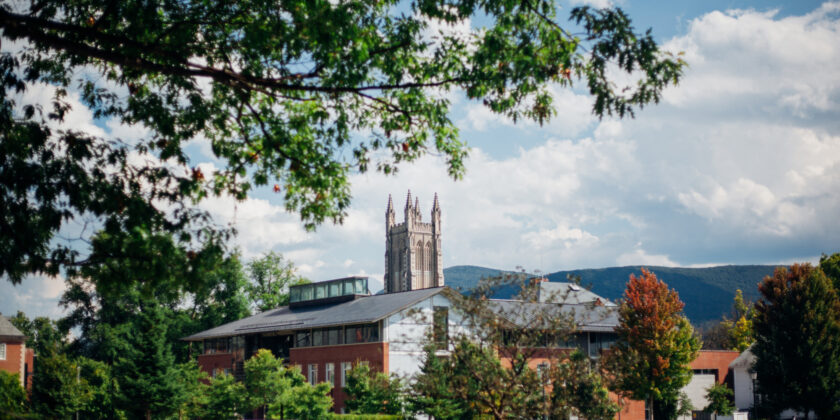
The college process often amplifies anxiety among teens and their parents, yet stress is inevitable. The goal is to manage it healthily, according to Lisa Damour, a clinical psychologist, author of The Emotional Lives of Teenagers, and host of the Ask Lisa podcast.
Lisa joined Jeff Selingo on a special 30-minute edition of “Next Office Hour” last week. Let’s all give the episode a listen. Some top takeaways:
Accept discomfort. Parents should acknowledge emotional stress as normal. “We cannot prevent emotional pain in our teenagers. Rather, we should help them manage discomfort when it comes,” Damour said. The focus should be on helping teens cope constructively, like allowing space for healthy distractions or emotions rather than harmful habits
Encourage healthy coping. Crying, spending time with friends, physical activity, and mindful rest are all beneficial ways teens can process stress. Parents should be alert only when teens use costly coping mechanisms like substance use or self-criticism.
Reframe high school. Teens should focus on cultivating genuine interests and strengths rather than solely trying to impress admissions officers. Enjoying downtime without guilt is crucial for mental health.
Recognize parental roles. I loved Lisa’s analogy of the Pit Crew vs. the Tow Truck. Parents often feel pulled between supporting their kids (pit crew) and pushing them (tow truck). Constant towing suggests a teen may not be ready for college, highlighting the value of considering gap years or alternative pathways.
Dealing with rejection. College admissions isn’t always meritocratic. When teens face rejection, validate their feelings but emphasize they’ll thrive by focusing on what they can control.
The big picture? Parents and teens often overestimate how much college prestige matters.
If you don’t follow Jeff Selingo, you should. See past issues and subscribe to his newsletter. You can also find him on LinkedIn, Instagram, Facebook, Twitter, and Threads if social is your thing!
*Stay in the know! Subscribe*

I can’t think of a better example of nerding out to post on a blog about college admissions than Wade Fagen-Ulmschneider and Louisa Zhang’s (Illinois ’27) “Trends in High School GPAs among Incoming Freshman Classes of Big Ten Schools.“
They analyzed 286 reports to source Questions C11 and C12 in the Common Data Sets. The reports accessed in this work are published publicly by each University.
Other data nerds can join in the fun through a MicroProject they built to spread the data love. Oh, and their work also highlights the need for near-perfect grades for some of the more selective Big 10 schools!

This is very cool!
From the University of California:
Our researchers collect and analyze all kinds of information about the world. We also track all kinds of UC stats, many of them available on detailed public dashboards in the online UC Information Center.
This fall, UC published a new data dashboard that shows how many first-year students apply to and are admitted at each campus by academic discipline. Until now, UC published the overall first-year admission rates for each campus. The new dashboard expands that by providing additional detail on admissions by academic discipline. For each broad area of study, you can see the admit rate, along with how many students applied, were admitted and ended up enrolling. The dashboard lets you see the admission rate for a discipline versus the overall campus admission rate. You can look at just one campus, or you can compare disciplines across UC’s nine undergraduate campuses. (A separate dashboard shows transfer admission rates by major.)
The goal of the dashboard is to offer the public more transparency into UC admissions. Being able to compare the selectivity of disciplines and campuses gives applicants an additional piece of information in their process and a more refined understanding of the competition. That said, the dashboard shouldn’t be used to assess any particular student’s chances of admission.
Continue reading about the new data dashboard in this October 18 article and explore the dashboard yourself.
*Stay in the know! Subscribe*
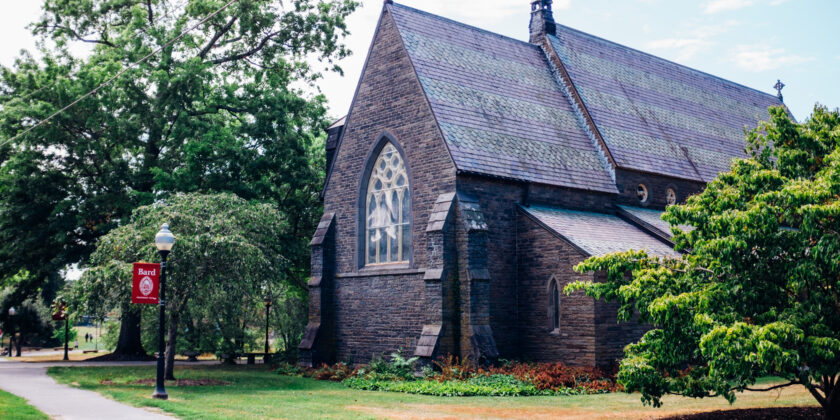
Colleges are starting to market their summer programming as a special pathway to fall admission—guaranteed admission in some cases. Expect to see more of it as schools continue to get creative about their enrollment management tactics.
Read more about Guaranteed Orange here (Syracuse).
Read more about UChicago’s Summer Student Early Notification here (University of Chicago)
*Stay in the know! Subscribe*
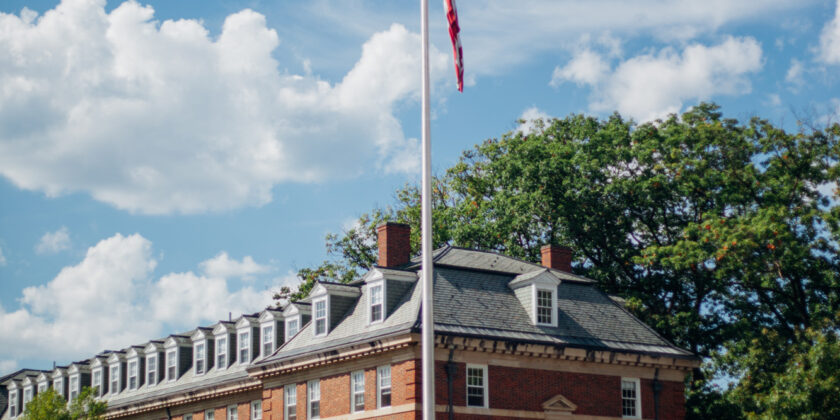
In an op-ed published in Inside Higher Ed, David Blobaum, the director of outreach for the National Test Prep Association and the co-founder of tutoring company Summit Prep, argues that it is in college hopefuls’ best interests to submit test scores, even if a school does not require them.
When accepting – or rejecting – applicants, admissions departments cite often-clandestine “institutional priorities” having to do with students’ backgrounds or areas of expertise. According to Mr. Blobaum, however, “Rhetoric and reality often diverge.”
He contends, unequivocally, that “test-optional institutions have a preference for students with high test scores” and that students applying to test-optional colleges and universities are less likely to be admitted if they do not submit test scores. “If a college does not value SAT or ACT scores, then the college would not use those scores.”
Citing data from Dartmouth’s watershed report, which led the institution to return to test-mandatory admissions, Mr. Blobaum argues that traditionally marginalized students have the most to gain from submitting test scores: “a disadvantaged student with an SAT score between 1450 and 1490 is 3.7 times more likely to get admitted if they submit their score than if they withhold it.”
To support his argument, Mr. Blobaum explores a few key examples of elite institutions that recently were or currently are test-optional:
These examples are compelling, and make clear that standardized test scores can certainly act as key differentiators between candidates who are otherwise qualified for limited class seats. These differentiators are particularly important for hyper-selective schools where the ratio between applicants and enrollment offers is especially stark.
Mr. Blobaum approached this topic with an eye toward the most elite institutions; his observations, therefore, despite their potential relevance at Ivy Plus schools, may not capture the admissions landscape at less selective—but still excellent—colleges and universities. Furthermore, Mr. Blobaum’s argument sometimes strays from hard data; he, perhaps controversially, claims that admissions departments “often outright lie” and bases some of his reasoning on the fact that “it is just common sense.”
Source: Denied? That Top College Lied (Inside Higher Ed)
*Stay in the know! Subscribe

Colleges have continued to roll back test-optional policies. We will update this post as more policy changes are made.
You’ll need competitive test scores to apply to the following schools:
Auburn (testing STRONGLY preferred; required with under a certain GPA)
Brown
Cal Tech
Cornell (2026 start, require, 2025 recommended for certain colleges)
Dartmouth
Georgetown
Georgia Tech
Harvard
JHU (2026 start)
MIT
Purdue
Stanford
University of Georgia
University of Florida (state-wide)
University of Tennessee (state-wide)
UT Austin
Yale
We have also found it beneficial to send high scores to most other test-optional schools in the top tier, especially if you are applying to a selective major (engineering, comp sci, data science, business, hard sciences) or attend a high school where the majority of students test and test well:
Vanderbilt
Northwestern
Duke
Rice
WashU
Notre Dame
Carnegie Mellon
Tufts
Emory
USC
Boston College
Boston University (exception: General Studies)
NYU
Clemson
Case Western
Villanova
University of Chicago
University of Michigan
University of Wisconsin
University of Virginia
University of North Carolina
University of Illinois
University of Maryland
Reach out to us if you’d like help with your application strategy and deciding if you are a good candidate to apply test-optional.
*Stay in the know! Subscribe
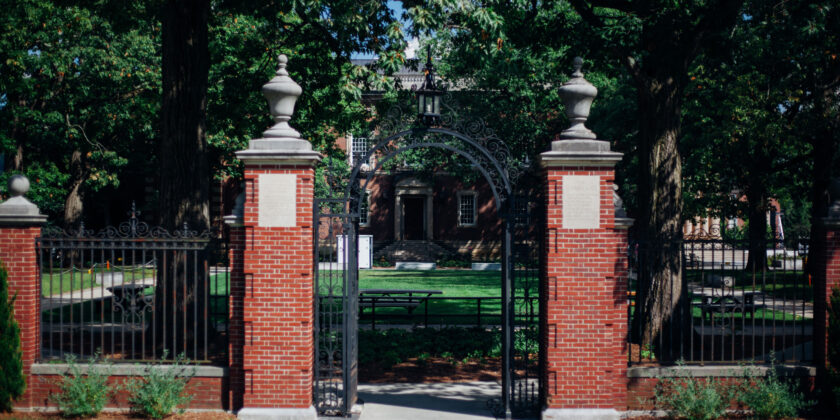
It’s June, which means it’s time to start working on college admissions essays. This month, we’ll share some excerpts from our book, The Complete College Essay Handbook, starting with some personal statement tips!
First, what exactly is a personal statement like the Common Application essay?
A personal statement is a creative essay of 650 words or less that reads like a short story, memoir, or novel—not like an academic essay, textbook, or newspaper article. The best personal statements tell a story that culminates in a meaningful realization and offers the reader a glimpse of a mind in the process of thinking.
The personal statement is not the place to brag about accomplishments (student body president, team captain, founder of a schoolwide service project), or about how amazing you are (“I’m a world-changing revolutionary!”).
Although people you don’t know are going to read it, the personal statement is not a public form, like a school-wide speech. The personal statement is an intimate form, like a secret. It is the place to be honest, vulnerable, and raw, to reveal mistakes and weaknesses, to open up about an experience you’d only tell someone you were really close with, to explore what you struggle with and what scares you.
The personal statement is not “about” an event or achievement. It is about the psychological and emotional processes that occurred “behind the scenes.”
The same story, told from one angle, can be impersonal whereas, from another—told with a focus on the process rather than the outcome—can become deeply personal. Here are a few examples to help explain what I mean.
Notice how all of these negative examples focus on the superficial event: I was elected; I raised money; I tore my ACL. By contrast, the positive examples explore the story behind the event—what was going inside of the writer that either led to this event (the student body president and orphanage examples) or the internal change that resulted from it (the ACL example). They also explore intimate, potentially difficult topics.
Since the personal statement is a creative essay at its heart, there is no set formula for success—however, our process and essay samples will give you the tools and examples you need to write your own singular personal statement.
*Stay in the know! Subscribe*
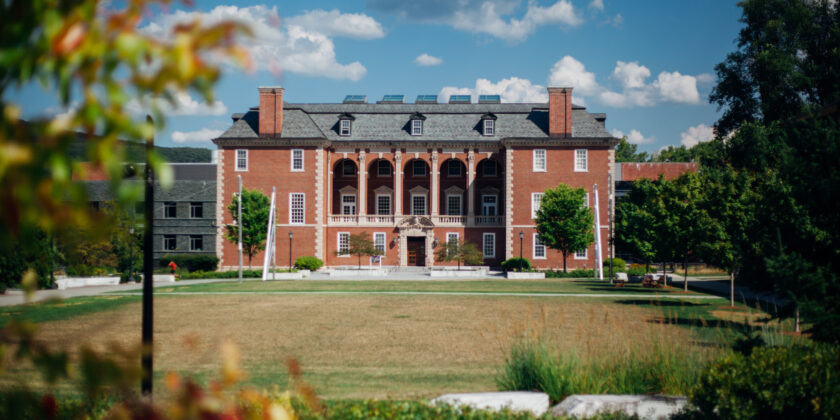
Colleges have continued to roll back test-optional policies. We will update this post as more policy changes are made.
You’ll need competitive test scores to apply to the following schools:
Auburn (testing STRONGLY preferred; required with under a certain GPA)
Brown
Cal Tech
Cornell (2026, require, 2025 recommended for certain colleges)
Dartmouth
Georgetown
Georgia Tech
Harvard
MIT
Purdue
Stanford
University of Georgia
University of Florida (state-wide)
University of Tennessee (state-wide)
UT Austin
Yale
We have also found it beneficial to send high scores to most other test-optional schools in the top tier, especially if you are applying to a selective major (engineering, comp sci, data science, business, hard sciences) or attend a high school where the majority of students test and test well:
Vanderbilt
Northwestern
JHU
Duke
Rice
WashU
Notre Dame
Carnegie Mellon
Tufts
Emory
USC
Boston College
Boston University (exception: General Studies)
NYU
Clemson
Case Western
Villanova
University of Chicago
University of Michigan
University of Wisconsin
University of Virginia
University of North Carolina
University of Illinois
University of Maryland
Reach out to us if you’d like help with your application strategy and deciding whether you are a good candidate to apply test-optional or not.
*Stay in the know! Subscribe

Forbes recently conducted a survey of hiring managers to see which colleges beyond Ivy League and Ivy-Plus (Stanford, Duke, MIT, and U. Chicago) attract the most accomplished students* and “turn out hard-working, highly-regarded employees.” Top 10’s below!
“New Public Ivies” Top 10:
“New Private Ivies” Top 10:
Read on here!
*not sure ‘hiring managers’ can actually weigh in on this… being accomplished is just one tiny factor in how these schools make admissions decisions
*Stay in the know! Subscribe*